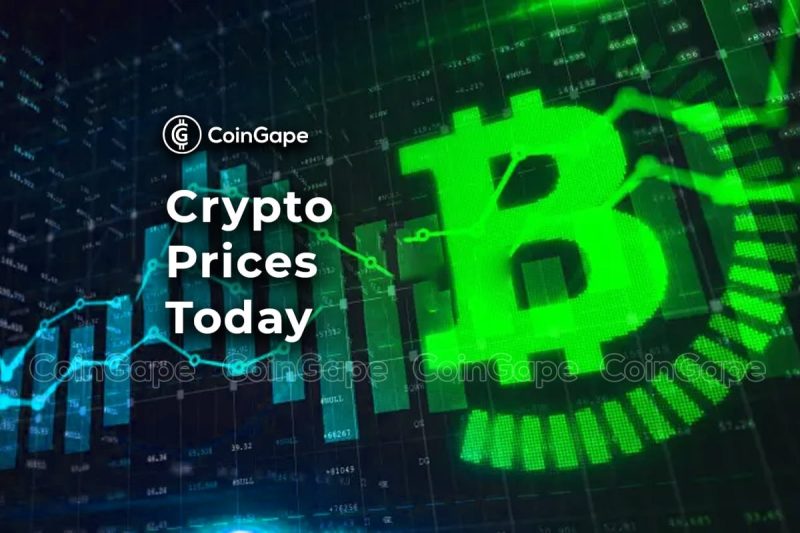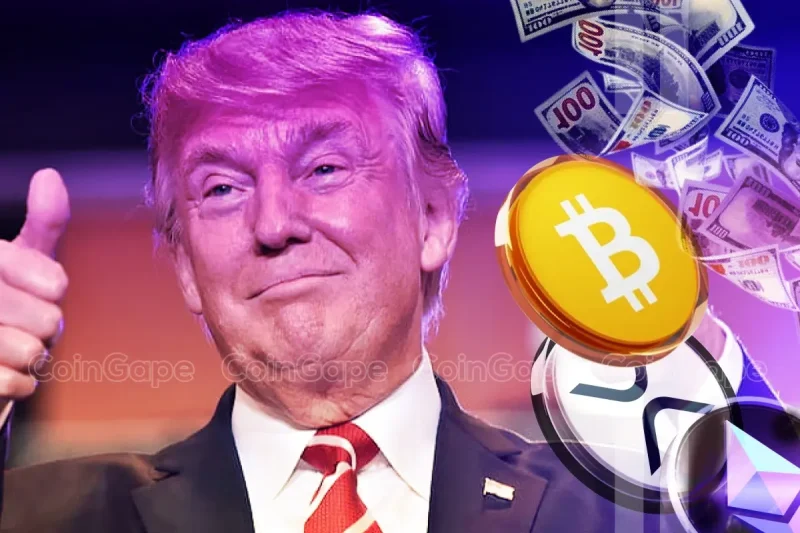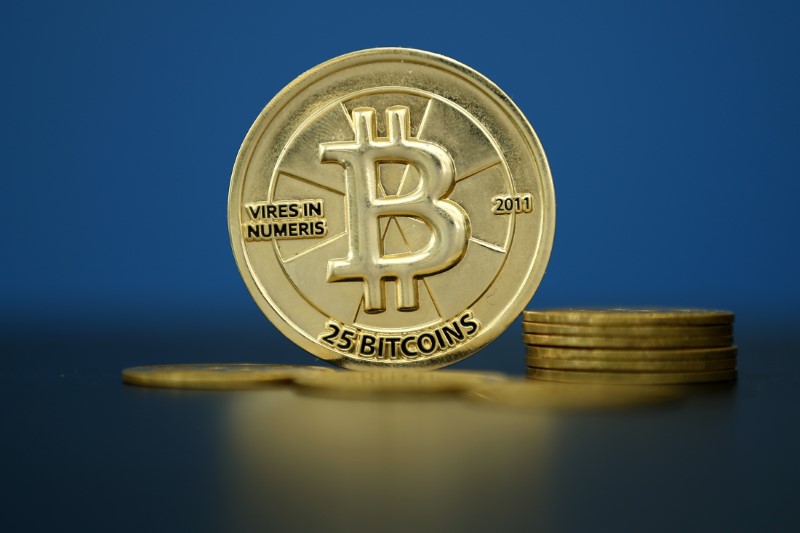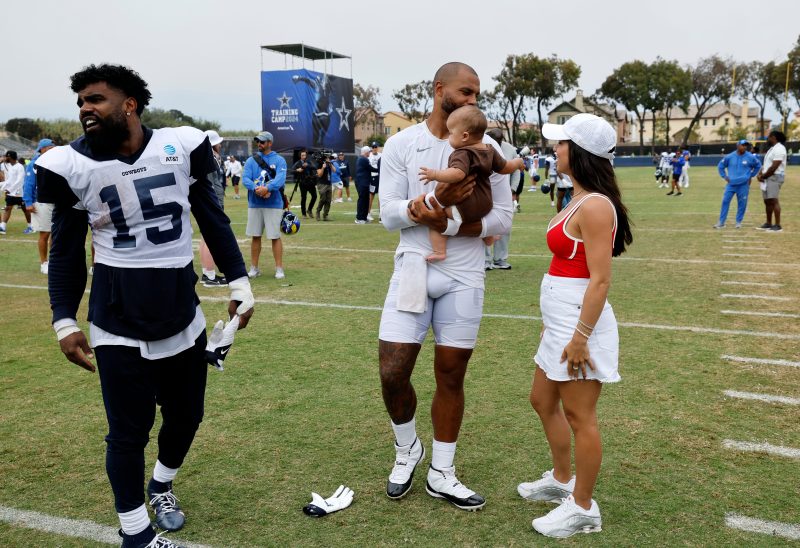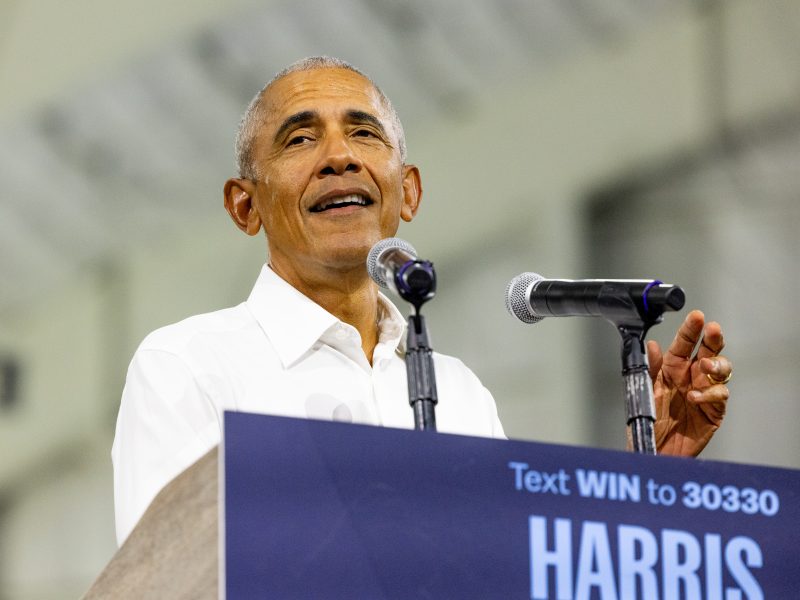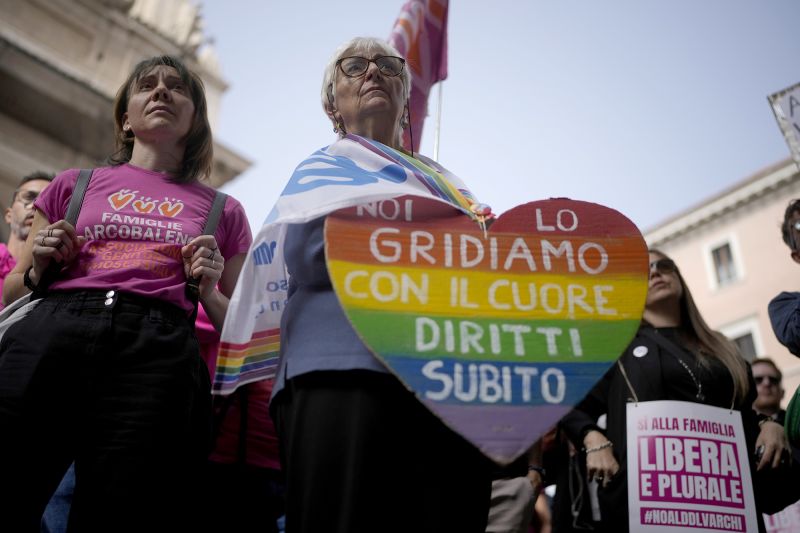Ripple Vs SEC: Lawyer Calls Out Mistakes In Brad Garlinghouse & Chris Larsen’s Deal
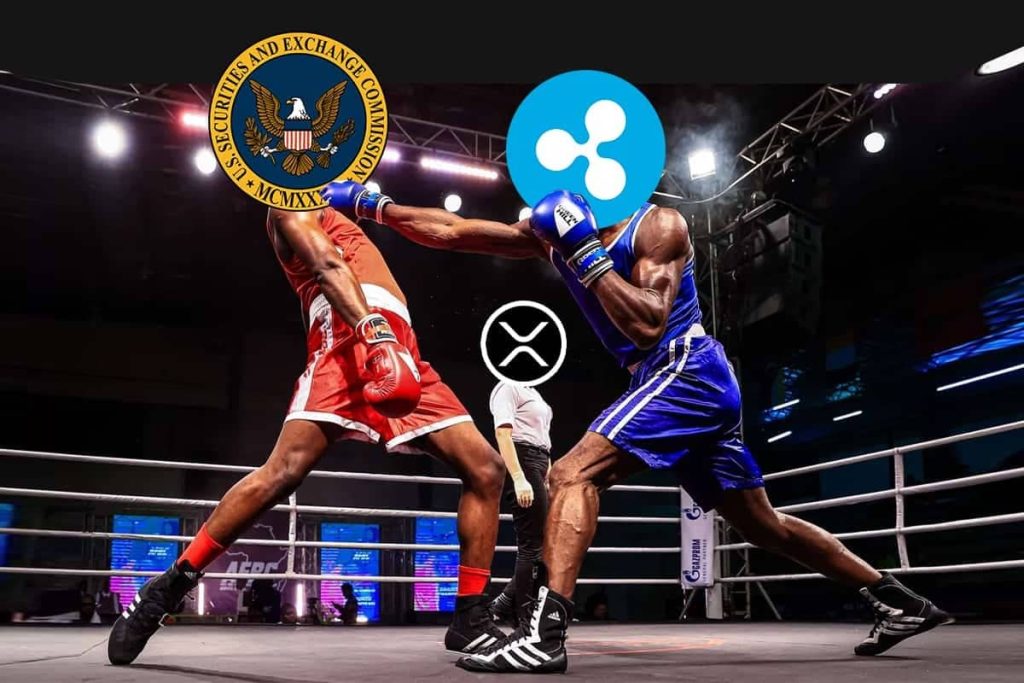
Fred Rispoli, a lawyer in the Ripple vs SEC case, has criticized Brad Garlinghouse and Chris Larsen for agreeing to drop only some of the charges that the U.S. Securities and Exchange Commission (SEC) has leveled against them. According to Rispoli, the executives should have sought for the dismissal of all the charges instead of coming to a partial settlement.
Fred Rispoli Criticizes Brad Garlinghouse and Chris Larsen’s Deal
Through a series of posts on the X platform, Fred Rispoli, a lawyer, pointed out what he called blunders in the legal approach that Garlinghouse, Ripple’s CEO, and Larsen, the company’s executive chairman, took.
He personally expressed concern with their decision to drop some of the claims while not seeking a full trial on the “aiding and abetting” charges raised by the US SEC.
In the view of Rispoli, Ripple’s leaders were in the best position to defend themselves against the SEC’s allegations, especially the “Institutional Sales” claim, which would only hold if there was evidence of recklessness. He stated that the agency lacked compelling evidence to meet that burden, and a jury would likely have been frustrated by the SEC’s case, possibly resulting in a unanimous verdict in favor of Garlinghouse and Larsen.
Missed Opportunities for Key Testimonies in Ripple vs SEC Case
Rispoli also added that had Ripple CEO Brad Garlinghouse and Larsen proceeded to trial, there was a possibility that potential witnesses would have come into the picture. He said that the SEC’s former chairman Jay Clayton and its former co-director of the corporation finance division Bill Hinman, alongside other industry players, might have been called to give evidence.
These testimonies in the Ripple Vs SEC case could have given a clue on internal SEC determinations regarding the classification of cryptocurrencies, specifically XRP.
Additionally, a trial would have allowed presenting some documents that were previously shielded from discovery. Rispoli noted that this could have been advantageous for Ripple and other digital currency companies in the future as the data disclosed could be applied in legal concerns with the US SEC.
Ripple’s Cross-Appeal and the SEC’s Latest Move
In response to the SEC’s ongoing attempts to appeal certain aspects of a 2023 judgment given by the U.S. District Judge Analisa Torres, Ripple Labs filed a cross-appeal. In her decision, Torres stated that Ripple’s sales of XRP to retail investors on digital platforms were not securities sales.
However, the regulator is now appealing other parts of the decision in the Ripple Vs SEC case, including the firm’s institutional sales, and the distribution of XRP for non-cash considerations.
Stuart Alderoty, Ripple’s legal chief, also sounded optimistic about the case stating that the agency’s appeal would not go well. “I felt good about our case in the Southern District of New York. I feel even better about our case in the Second Circuit,” Alderoty said in a recent interview.
US SEC’s Filing Deadline and Response
Some controversy had arisen regarding whether the SEC filed its brief within the time allowed for filing an appeal. Some of the X users argued that the agency failed to file its Form C within the 14 days’ period for filing the appeal in the Ripple Vs SEC case. The form itself had been submitted on October 16 while the Second Circuit’s docket reflected the filing as having been made on October 17 thus raising questions as to the validity of the filing.
NEW: In response to my question about what happened with the filing deadline and for an explanation as to the date on the Form C not matching the time stamp, an SEC spokesperson told me:
“It was filed on time.”
Listening to @MetaLawMan on @AbsGMCrypto this morning, he said… https://t.co/cygihF4KQM
— Eleanor Terrett (@EleanorTerrett) October 18, 2024
When asked about the deadline of the filing, the US SEC spokesperson said, “It was filed on time.” Meanwhile, despite all this, the US SEC’s appeal doesn’t challenge the part of the decision that states that XRP sales to retail investors through exchanges are not securities. That decision is still valid, still leaving the court’s finding that XRP is not a security when sold to retail investors intact.
The post Ripple Vs SEC: Lawyer Calls Out Mistakes In Brad Garlinghouse & Chris Larsen’s Deal appeared first on CoinGape.
